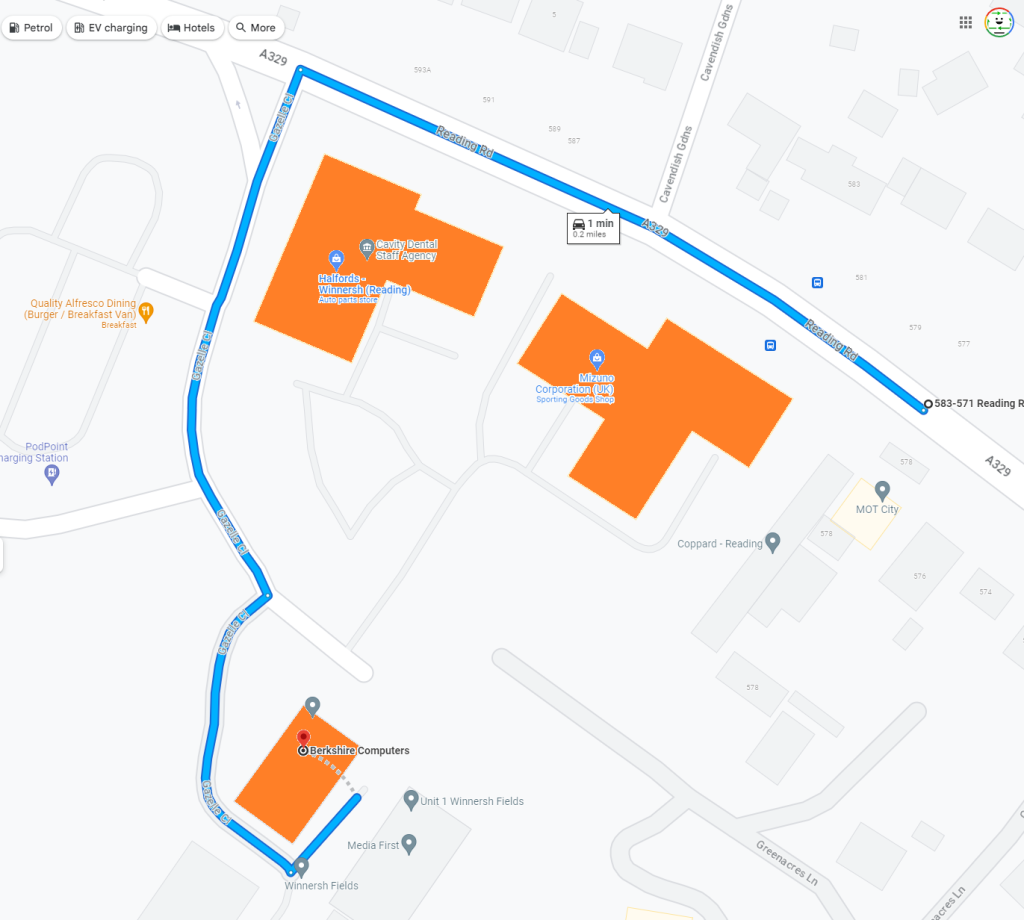High RAM Usage by DNS Client: Troubleshooting Guide
Have you ever noticed your computer lagging or running slowly, even when you’re not actively using it? If so, you’re not alone. Recently, I experienced a significant slowdown in various applications and games, prompting me to investigate the issue. To my surprise, I discovered that my memory usage was sitting at a staggering 80%, and the DNS Client was consuming an astonishing 16GB of RAM—all while my system was idle.
Understanding DNS Client Functionality
To clarify, the Domain Name System (DNS) Client is designed to facilitate communication between your computer and the internet. Its primary role is to translate domain names (URLs) into IP addresses, allowing your devices to locate and connect to websites and services. Given its relatively straightforward function, this level of memory consumption raises an important question—what could be causing such excessive RAM usage?
Potential Causes of High RAM Usage
-
Software Conflicts: Certain Software applications, especially those that modify network settings or employ custom DNS services, can lead to conflicts with the DNS Client, causing it to use more memory than usual.
-
Corrupted Files: If any DNS-related files become corrupted, the client may malfunction, resulting in unnecessary RAM consumption.
-
malware or viruses: In some cases, malicious Software can disguise itself as legitimate processes, leading to abnormal resource usage. It’s essential to perform a thorough malware scan to rule out this possibility.
Steps to Troubleshoot the Issue
If you find yourself in a similar situation, here are some steps you can take to diagnose and potentially resolve the problem:
-
Restart the DNS Client Service: Sometimes, simply restarting the DNS Client can reset its memory usage. You can do this via the Services application in Windows.
-
Check for Software Updates: Ensure that your operating system and applications are up to date. Updated software often fixes bugs that could affect performance.
-
Run a malware Scan: Utilize a trusted antivirus program to scan your system for any malicious software that could be interfering with normal operations.
-
Adjust DNS Settings: Consider switching to a public DNS server like Google DNS or Cloudflare DNS to see if this alleviates the memory usage issue.
-
Reboot Your Computer: A simple restart can sometimes resolve temporary glitches that cause high RAM usage.
Conclusion
In conclusion, high RAM usage by the DNS Client can significantly impact your PC’s performance, leading to
Share this content:



